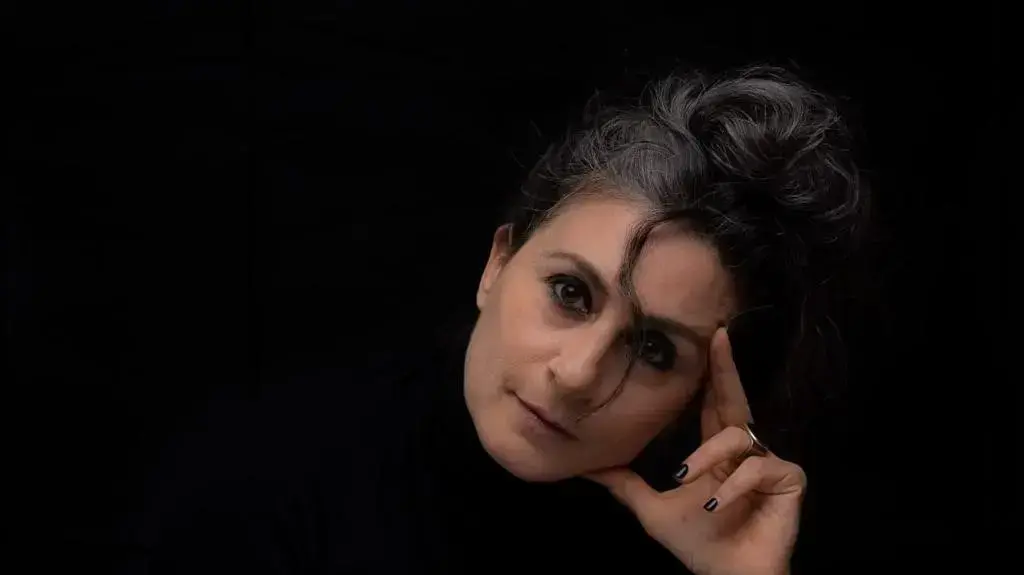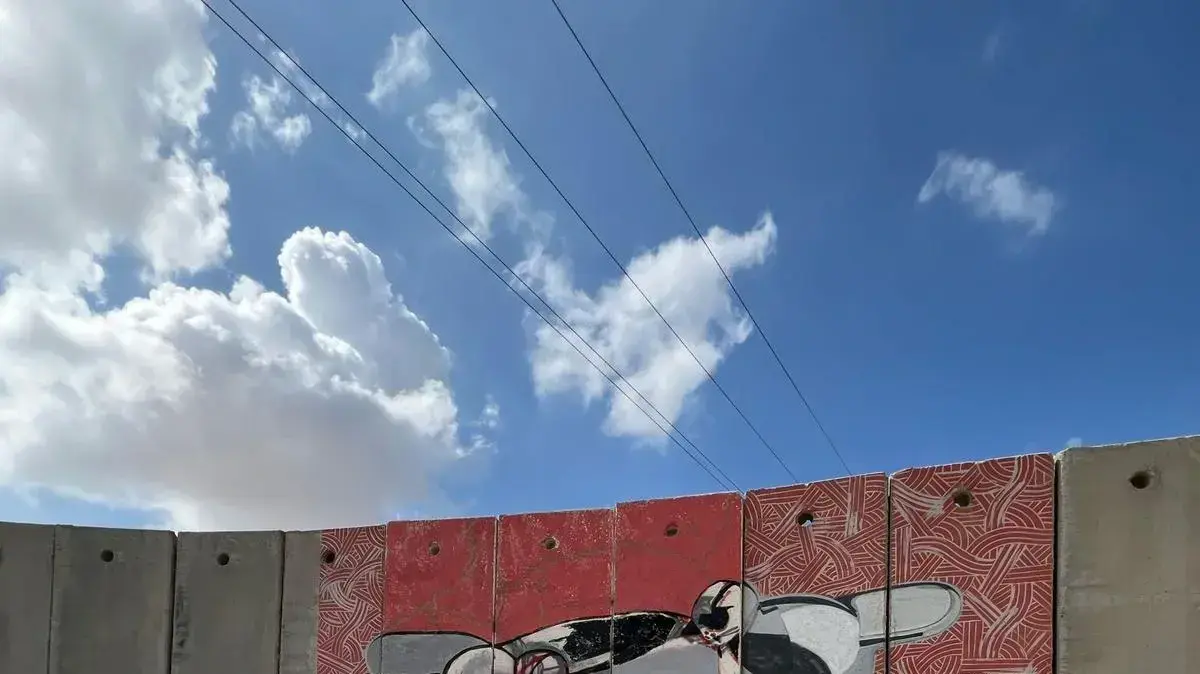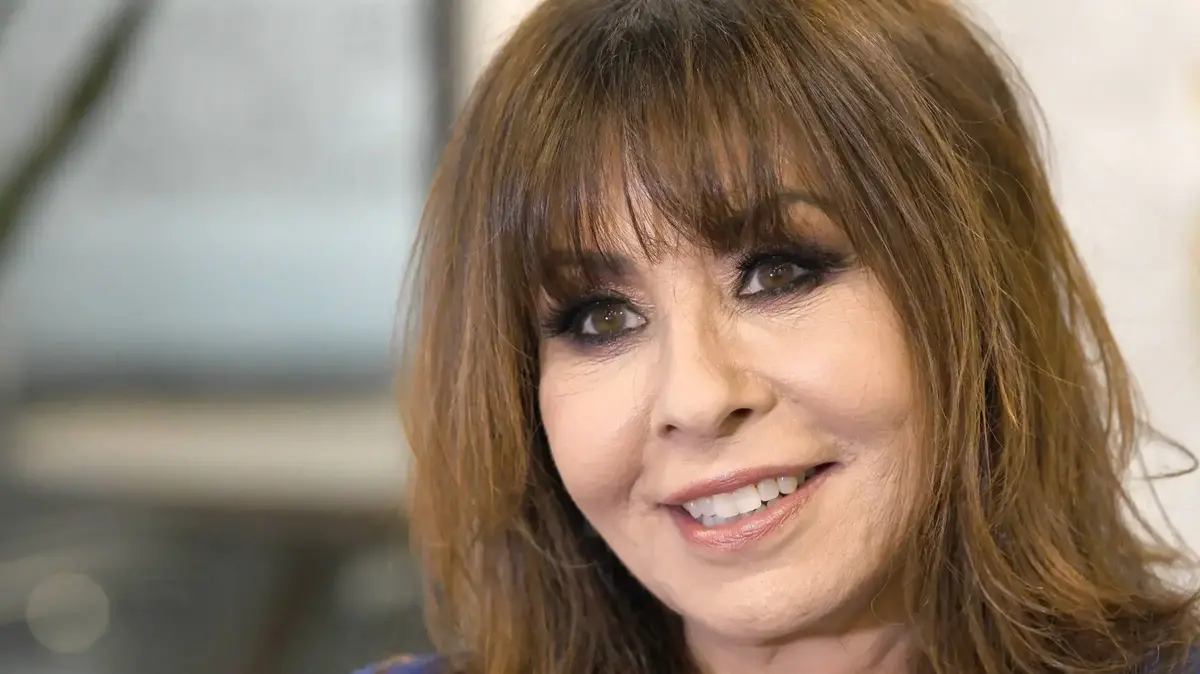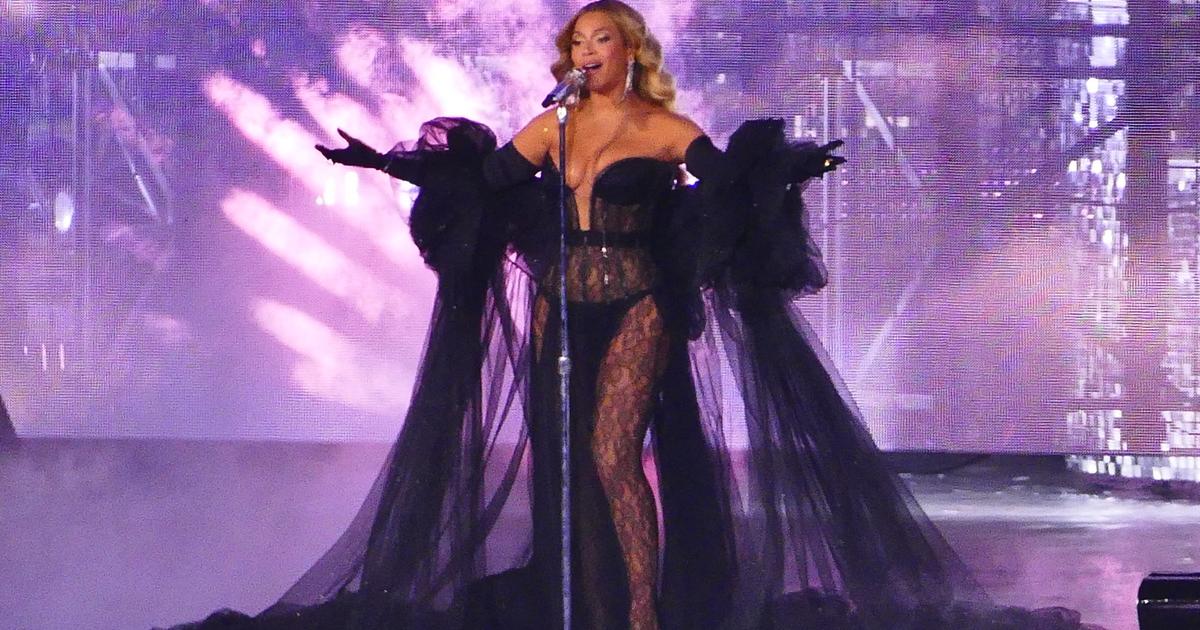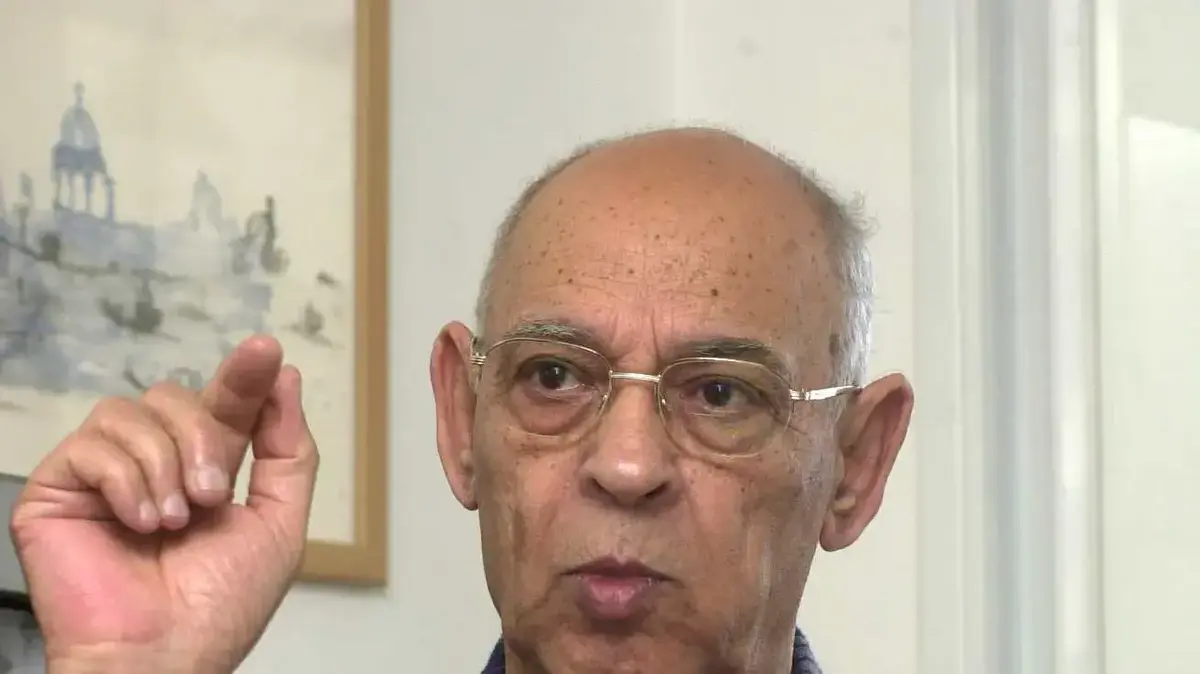How did "Pers Sapir" reach its senior status?
How does the Lottery Council for Culture and Art choose which artists to support out of the thousands of artists who apply?
How do you decide how much money each artist will receive for their project?
How are the discussions going on the question "who deserves and who doesn't"?
And is there affirmative action against artists from the periphery?
The answers to all these questions - and many more - can be heard in a special episode of the Walla podcast "What Sounds"!
Culture in collaboration with the Lottery presented by Nir Yahav.
The guest this time is not an artist or a creator, but the head of one of the most influential bodies on culture in Israel: Dolin Melnik, head of the culture department at the Lottery Factory and director of the Lottery Council for Culture and Art.
Watch the interview with Melnik above or listen to it - right here below
to listen
About the Culture Council at the Lottery Factory, which she manages
: "This body was established 22 years ago by the chairman of the Lottery Factory, who was a painter himself. He thought that alongside the massive construction and great support of the Lottery Factory in infrastructure and the community, it was time to do something in the worlds of content , and that's why he founded the Council for Culture and Art, which became one of the main bodies that encourage, support and promote culture and art - both artists and local authorities that work in the field. This is what we do all year - busy with ideas, projects and most of all - the question of who to give to."
On the way in which the projects that will receive funding are selected
: "The answer to this question changes over the years. Today, we have succeeded in creating a type of model that allows us to be networked and knowledgeable about what is being read in the field. I travel quite a bit in the field and meet with many people, and understand what is happening and what is going on. From the budget, which is always limited, and from the values of The Council for Culture and Art, we create guidelines for where we operate and who we support."
On the Lottery's activities in the periphery
: "Both the Lottery and the Council stated in advance that most of the activity takes place in places of the social and geographic periphery. Every large city has areas that are more peripheral, and our agenda is to operate in such places, where we can make a change."
about new genres that have emerged in recent years and received financial aid for the first time
: "The circus field did not receive support, for example. In the years when we started to support the field, it developed and had no institutional support. This is a field we met in the field, and we received quite a few inquiries from artists in the field. We studied the subject and added it to our work plans. The fashion field has also been added to our activity After it wasn't."
Behind the scenes of the lottery
: "The discussions on the subject of 'who will receive funding - and how much' are really interesting. A significant part of what we do is based on what is happening in the world and on the ground, and on the experience we have. There are quite a few considerations that go into this and there are a lot of fights and arguments. In the end, there comes a moment when everyone comes together on one plan that is also based on the budget, and it creates an order of priority, with the aim of touching as many areas as possible."
On the subject of affirmative action
: "We have created a work tool that makes it possible to give support to projects that are not the most outstanding from an artistic point of view, but have social elements that deserve to be encouraged.
About the 'Aquarium' project (format of live performances by artists)
: "Our offices moved to a lovely place, where Tel Aviv's first cinematheque was. It is a huge space that had been abandoned for a long time. We renovated it in such a way that the entire middle part of it can be used for culture. So we joined To Gilad Kahane, who is the artistic director of the project and for a year we have been photographing small and intimate performances there. In 2023, we are taking it one step further - young artists who want to perform at the aquarium are invited to submit their work, and a number of musicians will be selected from them."
Dolin Malkin (Photo: Rafael Melnik)
Nuno in the "Aquarium" project:
About the responses she receives from coaches
: "About 1,500 people contact us a year, and in terms of the budget we can respond to 30 percent of those who apply, which is quite a lot. Those who respond in the negative can always contact us, understand why their request was not approved and actually learn from it. To be in a situation where an artist who received a high score did not receive a budget because there was no money left."
On the budgets
: "It varies from field to field - publishing a book of poetry is not like producing a film. The minimum is 10 thousand NIS because over the years we have learned that minimum support is required to be able to realize the grants they receive.
The minimum varies from area to area.
In the theater, for example, it is NIS 40,000.
On the senior status of the Sapir Prize for Literature
: "How did he get to his position? It's a combination of many things. First, the amount of the prize. It was 150,000 shekels and now stands at 180,000 shekels, which is a significant sum. But in my opinion, it's not just the money, but also the nature of the prize. It's about Six months of sorting until the winner is reached. Each such step allows us to create a discourse around the prize. There is also an element of drama, because the winner is announced on television. All these elements make this prize a different prize, along with the fact that the lottery company promotes and nurtures it."
On the plans for 2023
: "We have two huge projects that we started last year and will continue them this year as well. The first is an 'aquarium' that is developing in a new direction and the second is focused on the public space. How to make the public space cultural, that will speak culture and art. Also a painting project The buildings will continue this year as well. People are flying over this project, it's lovely and I'm glad it will continue this year as well."
The Lottery Council for Culture and Art supports and assists creators and artists and encourages artistic creation that is accessible to different and diverse audiences and groups.
The Lottery Council's program for culture and art is dynamic and changing, and allows a wide variety of artists to express themselves and grow in the fields of:
performing arts, art and design, literature, cinema, television and new media, and art in the community
. The Lottery works for the advancement of culture and art in Israel.
Let's get to know >>
Peace in culture
Podcast - what's up?
Tags
Lottery

